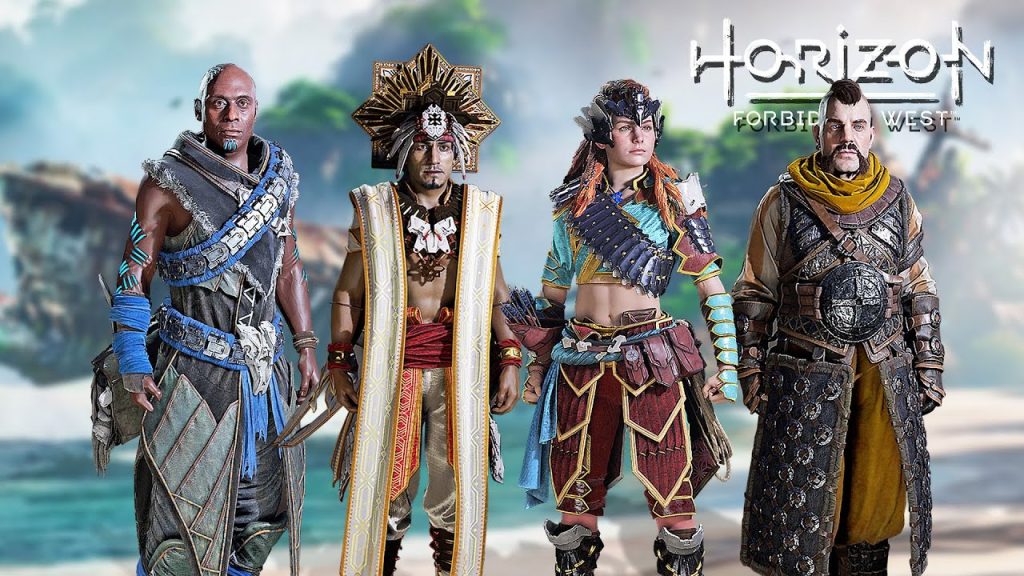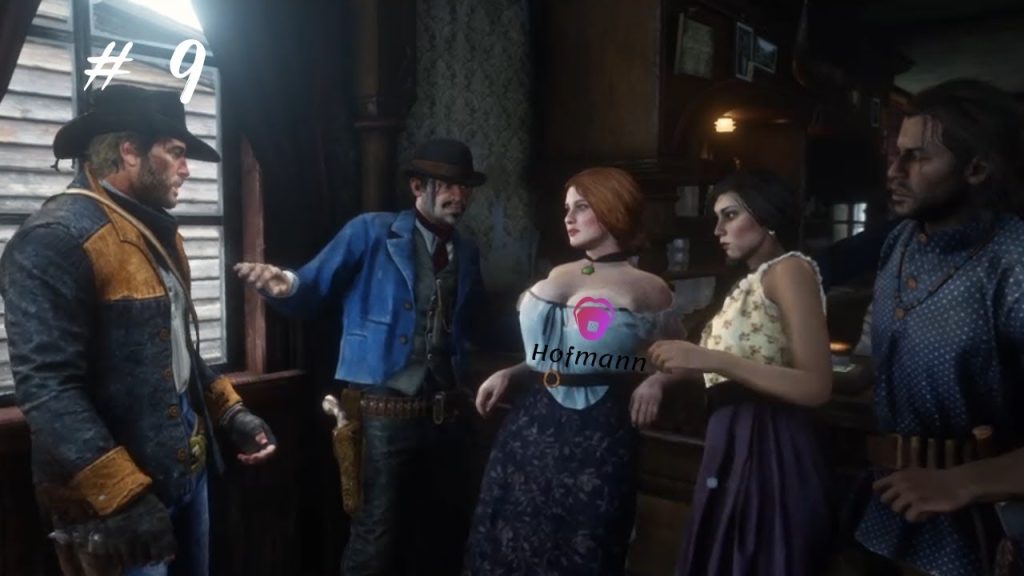When I started my career as a junior, I remember spending a lot of time preparing pitches for my ideas. I arrived at the moment of the presentation, I felt all those vibrations. Most of my proposals were debunked.
I learned a key concept: people coming to a presentation must know pretty much all its content. The presentation is useful for confirming consent, but these must be created first. Part of the wok is political: it is a question of building consensus before the presentation.
In the remote world, all this has changed a lot. Now everything is asynchronous, communicating on Slack/Discord and making decisions faster. It’s also more participatory, it’s not about creating a presentation. It’s about writing and sharing documents that will be read and commented on by the team. This will happen asynchronously, everyone reads when, how much, and how they can.
Whoever raises his voice no longer wins, and you have to be very synthetic. I’d say it’s a big step forward, but it comes with a clear cost. It is necessary to establish processes, otherwise, many ideas will fall into the void.

